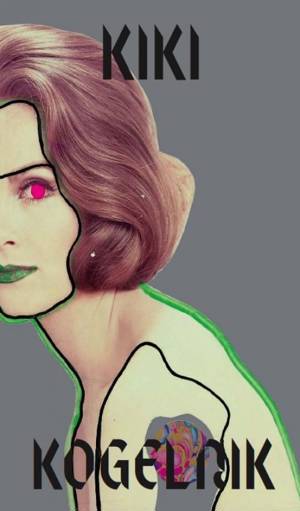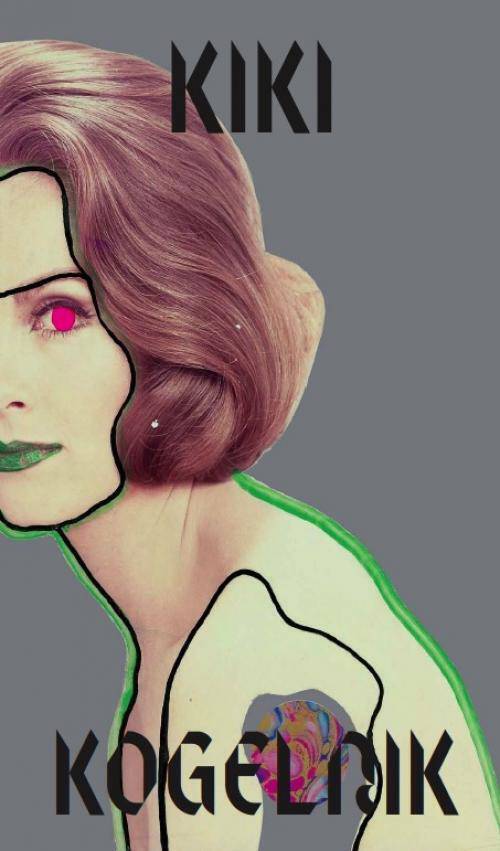
- Retrait gratuit dans votre magasin Club
- 7.000.000 titres dans notre catalogue
- Payer en toute sécurité
- Toujours un magasin près de chez vous
- Retrait gratuit dans votre magasin Club
- 7.000.0000 titres dans notre catalogue
- Payer en toute sécurité
- Toujours un magasin près de chez vous
Kiki Kogelnik: I have seen the future!
Cat. Kunstverein Hamburg
Angela Stief, Annette Tietenberg, Florian Waldvogel
Livre broché | Allemand, Anglais
47,95 €
+ 95 points
Description
All dreams are in us propheticRockets, guns, body fragments, collages, stencils, spray paints and crazy colours are the characteristic elements that populate Kiki Kogelnik's multicoloured universe. Kogelnik was born in 1935 in Graz and grew up in Klagenfurt, Carinthia. After her time at the Vienna Academy, she left for the USA in 1961, ultimately settling in New York City in 1962. It is then no accident that the East-Coast Pop Art canon, popularised by her male counterparts at this time, resonates in her work. But contrary to the material games or pronounced brand fetishism of her contemporaries, the young Austrian hoisted the standard of expanding consciousness and, from Pop Art's very inception, viewed the relationship between the love of technology and conquest mentality with an extremely critical eye. It is possible to see this in her paintings, alternatively they can be read as critical statements, as well as a naïve contemporary witness to sixties' euphoria. Utopia is the magic watchword that sums up Kiki Kogelnik's formal and thematic peregrinations; she is interested in transformation, in overcoming the perplexities of space and time, and she always considered the present to be the start of a better future. Small wonder than that she espoused Women's Lib and, from that point on, devoted herself to issues of gender affiliation. The retrospec-tive exhibition at the Kunstverein Hamburg and the elaborately designed and printed catalogue, bear eloquent witness to all these various stages in the oeuvre of an unusual artist. Kiki Kogelnik died in Vienna in 1997.
Spécifications
Parties prenantes
- Auteur(s) :
- Editeur:
Contenu
- Nombre de pages :
- 216
- Langue:
- Allemand, Anglais
Caractéristiques
- EAN:
- 9783864420245
- Date de parution :
- 25-10-12
- Format:
- Livre broché
- Dimensions :
- 165 mm x 245 mm
- Poids :
- 556 g

Les avis
Nous publions uniquement les avis qui respectent les conditions requises. Consultez nos conditions pour les avis.






